Note: This homily was for the Mass at which the RCIA Elect were present for the First Scrutiny, so particular readings are used for that.
What is it going to take to quench the thirst that you have right now?
We’re lucky; we live in a part of the world where we can reach for all sorts of things when we’re thirsty. There is soda of all kinds, beer, wine and other alcoholic beverages, and all kinds of hot drinks like coffee and tea. But not all of them are appropriate all the time. For example I love coffee, tea and occasionally a good glass of wine. But after I’ve exercised or done some kind of strenuous work, or walked outside when it’s hot, none of those things can help me. In those moments, I need a cold glass of water. Our bodies are made up largely of water, and so when that level is low, there’s only one thing that can quench our thirst.
So again, what is it going to take to quench the thirst that you have right now?
There’s a lot of water in today’s Liturgy of the Word. The Israelites, near the beginning of their forty year journey through the desert, are beginning to miss some of the comforts of home, like water! So when they complain to the Lord, he gives them water in the desert. And let’s not downplay this: it’s pretty amazing – they had water in the desert! And in our Gospel today, our Lord stops along his own journey to get a drink of water from the Samaritan woman – and this whole interaction is less about Jesus’ physical thirst than it is about other kinds of thirst in the story – but more on that in a bit.
We always have to think about why the Church is giving us these particular readings on this particular day. Why is it that we have part of the story of the Israelites wandering in the desert in our first reading, and the rather strange story of the interaction with the woman at the well in the Gospel today? Well, (no pun intended) whenever there’s this much water being mentioned in the readings, we need to think of a particular sacrament, and that sacrament of course is Baptism.
Now maybe it makes a little sense. We have our Elect with us today, and they are preparing to receive baptism at the Easter Vigil. But even that’s not the whole story. Because this reading is for all of us. Lent itself is about baptism, and even if we’ve already been baptized, there’s still work to do. We are still being converted to become more like our Lord every day of our life. That’s what Lent is all about – getting back on the path and going a little farther forward. Lent points out for all of us that we’re still thirsty.
So again, what is it going to take to quench the thirst you have right now?
For the Israelites, it’s hard to know what was going to help them. They’re just at the beginning of their journey and already they’re complaining. They get thirsty and the first thing they do is complain – notice carefully, they complained, not prayed – and tell Moses that they’d rather be back in Egypt in slavery than out wandering around in the desert with nothing to quench their thirst. And it’s not like the slavery they experienced in Egypt was a minor inconvenience – it was pretty horrible and if they missed their quota even by a little bit, they were severely beaten. But sometimes it’s better the devil you know: sometimes we get stuck on what we’ve become used to and have given up yearning for something more.
For the woman at the well, there’s a lot stacked against her and there is no reason Jesus should have been talking to her. In fact, the disciples, when they return and witness it, aren’t really sure what they should make of it. Because in that culture, nobody talked to Samaritans – it would be like striking up a casual conversation with an Isis member. And for a man to speak to an unaccompanied woman was unthinkable. But Jesus knew she was thirsty – see it wasn’t about his thirst at all, rather, as Saint Augustine tells us, Jesus was thirsting for her faith.
It’s a pretty weird conversation, to be honest. But in talking about her five previous husbands and the Samaritans’ practice of worshipping on the mountain, Jesus was pointing out how her own search for something to quench her thirst was so far pretty futile. She was looking for love in all the wrong places. The five men she was married to represented a history of failed attempts at finding love. And the guy she was shacked up with now represented the fact that she’d pretty much given up any hope of ever finding true love. But the fact that Jesus knew all this without her saying a word about it woke her up a bit. And so then they go on to talk about how the Samaritans worshiped. They were looking for God on the mountain, but the thing is, the God they were looking for is the same Love that she had been searching for in her relationships, and he was standing right in front of her now.
So what is it that is finally going to quench the thirst you have right now?
Are you going to stay in the slavery of your former way of life, or do you want to journey on to the Promised Land? Are you going to continue to be content with failed or broken or impure relationships, or are you going to refresh them with Living Water? Are you going to continue to leave God up on that mountaintop where he doesn’t get in the way of your daily life, until you need something? Or are you going to look him in the eye and ask him to give you what you really need so you’ll never thirst again?
Because for the Israelites, it wasn’t really water they needed. They needed a renewed relationship with God. And the woman at the well didn’t need those guys who weren’t leading her to right worship. She needed Living Water. In fact, she became so convinced of it that she left her bucket behind – that bucket that symbolized her former way of life.
We’re all on a journey. The journeys of our Elect don’t end at the Easter Vigil when I pour water over their heads – it just starts there. All of us together are journeying on to the Promised Land of eternal life. And the only way we’re going to get there is by drinking deeply of the Living Water and allowing the One who gives it to us to lead us. And to get started on the journey, we’re going to have to leave Egypt, and our buckets, behind.
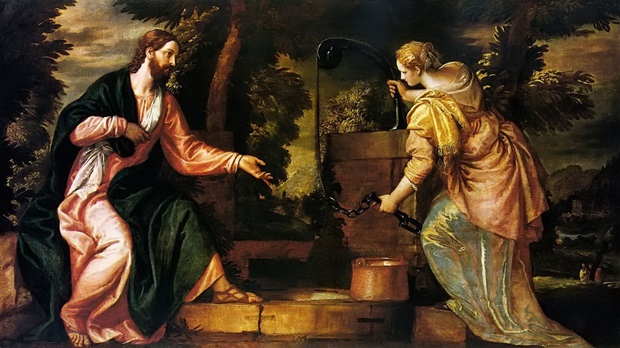
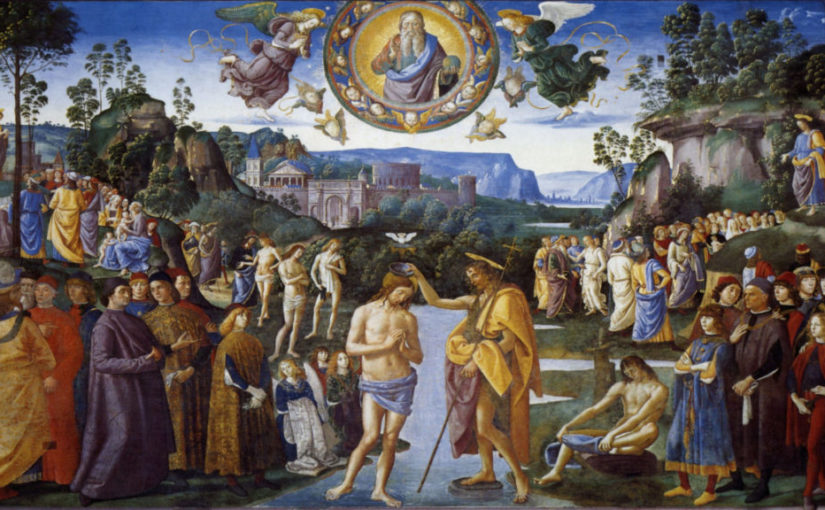
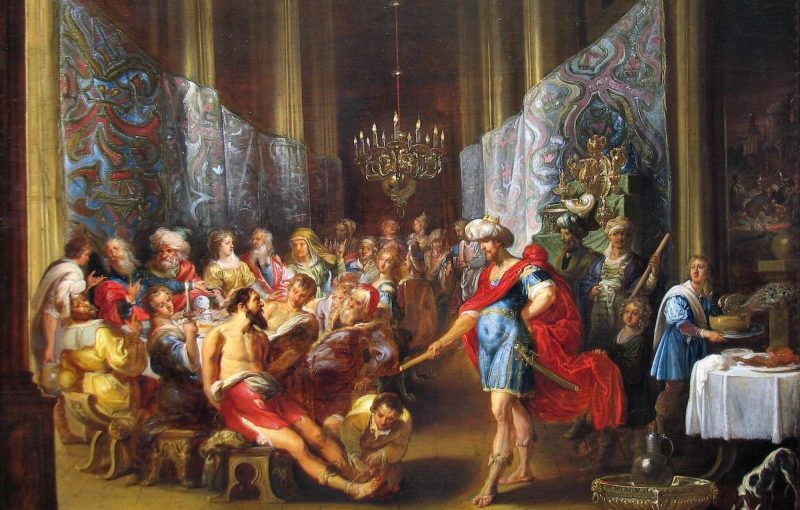
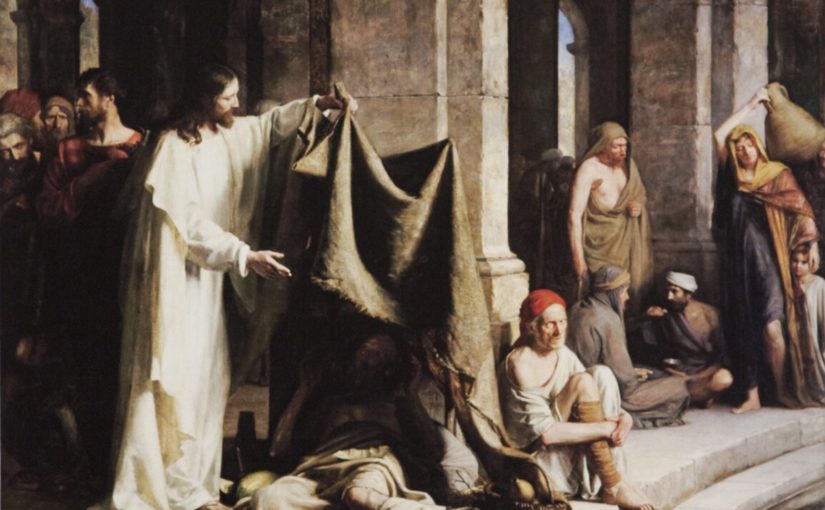
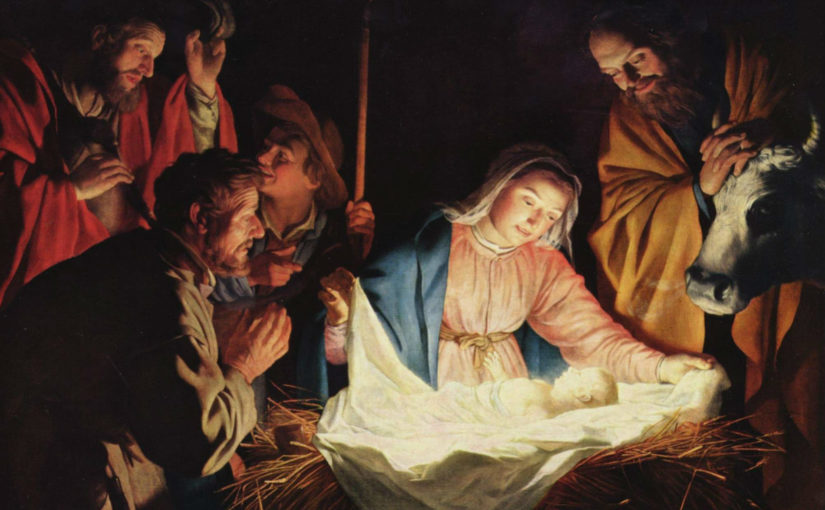
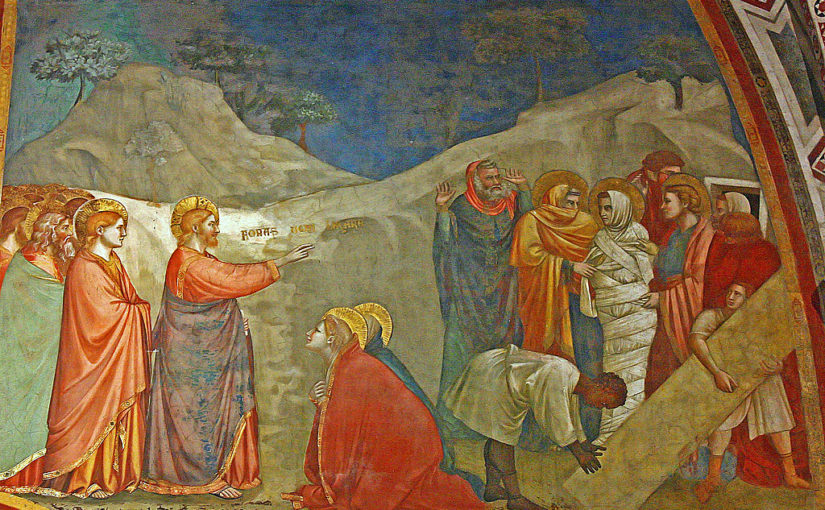
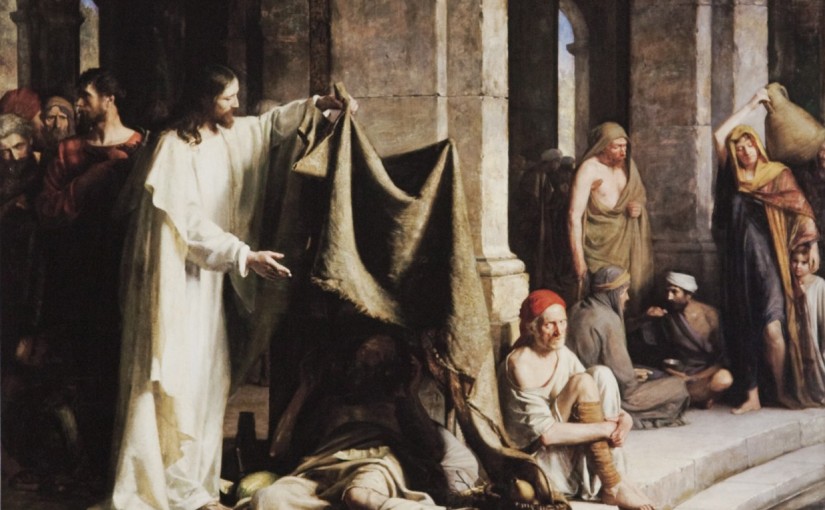
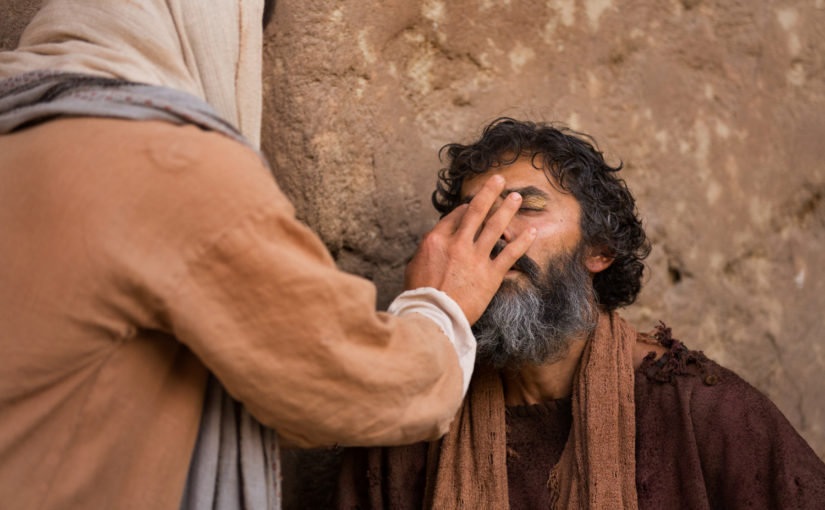
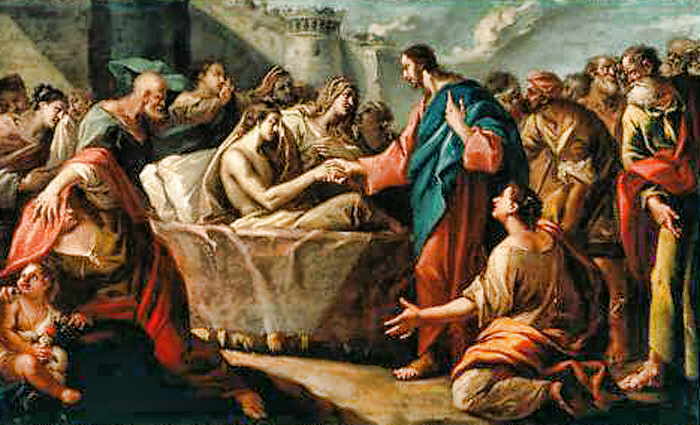
You must be logged in to post a comment.